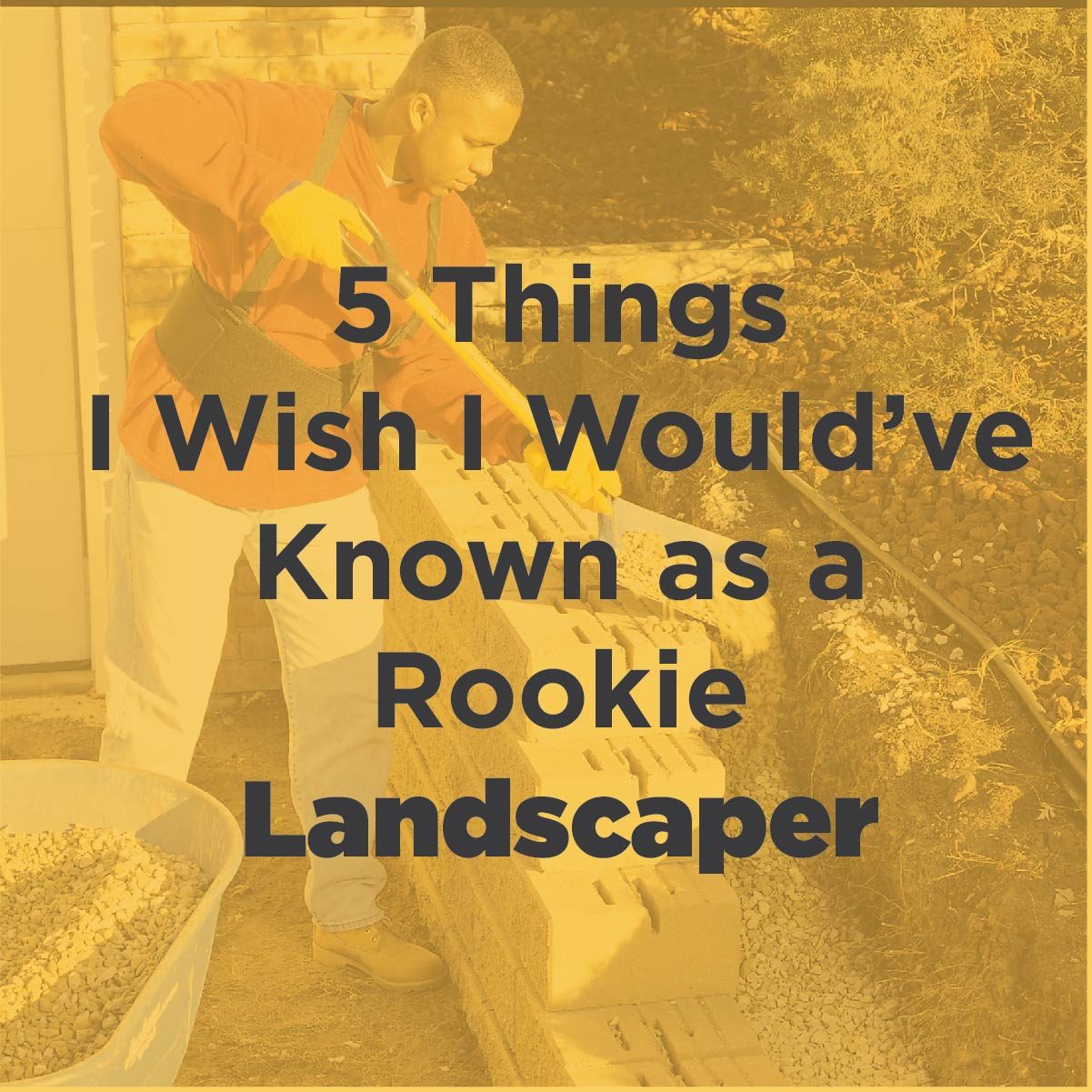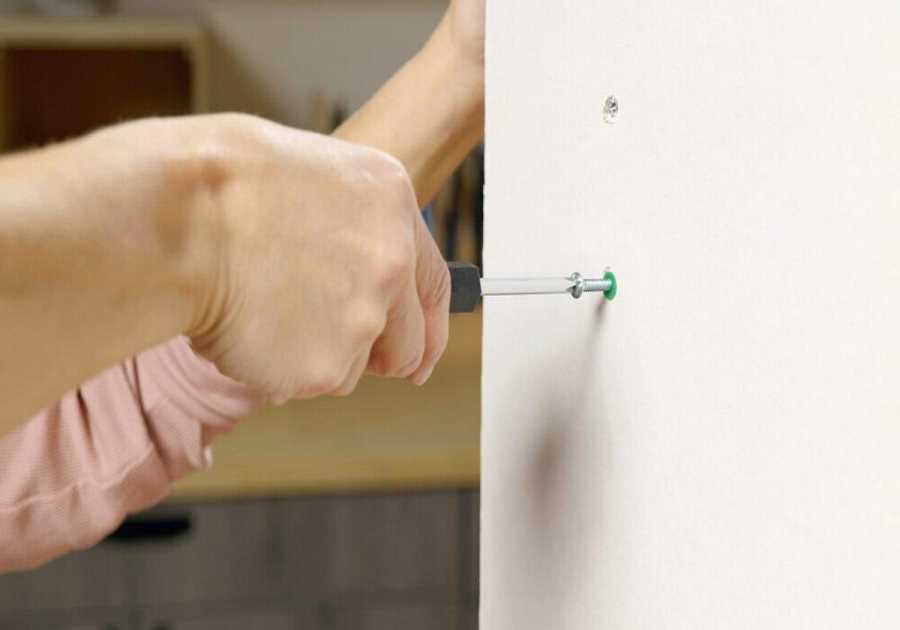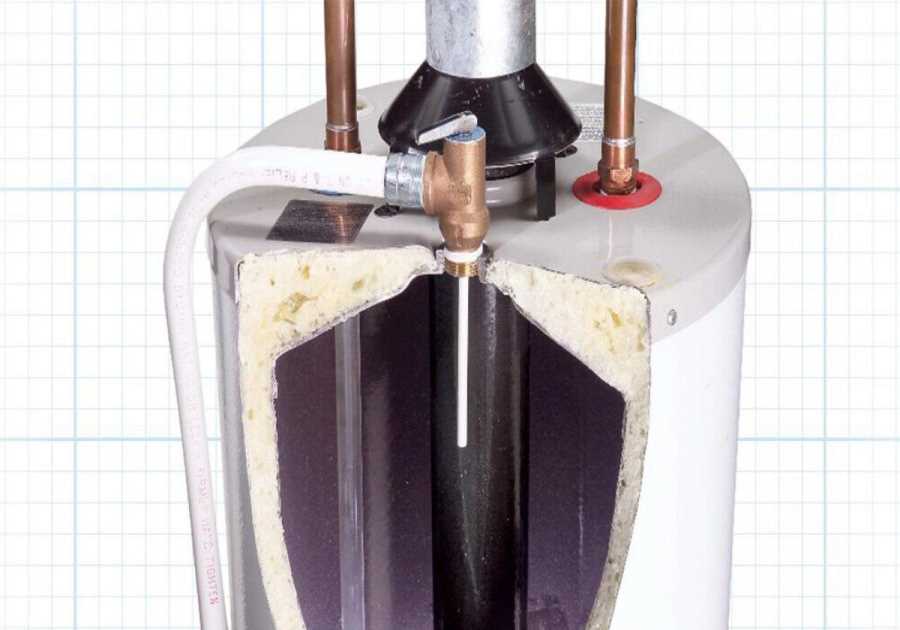
Some people know right away that they want to work in the trades. Maybe they had an affinity for MAC trucks in sandboxes, or maybe they wanted to continue a family business. Others find their way into their careers in the trades in a much more roundabout way.
Phil Sarros, an 18-year landscaping industry veteran, was part of the latter group. In fact, when he first started what would eventually become his landscaping company, it was not even a landscaping company – it was an apartment cleaning company. But Phil soon pivoted, slapping a magnetic sign on his truck advertising his services as a landscaping company. We talked with Phil to learn the five things he wishes he had known on his first day in the landscaping business.
The internet is great- but get a mentor
Anyone can go on YouTube and find landscaping how-to videos from a wide variety of sources. Some of these videos are probably great and highly informative. But there is no quality control on YouTube, and if you have a further question about a particular part of a video it could be hard to get a concrete, authoritative answer you can trust. A mentor can serve as that authoritative source.
“Find yourself a single mentor early on, someone you can trust to teach you the right way to do things,” said Phil.
Own the essentials
Many of the trades require specialty tools just to operate on a day to day basis. That’s not really the case with landscaping.
“One of the great things about landscaping is how easy it is to get into,” said Phil. “To get started all you need is a few basic tools in your truck.”
Some landscaping projects will require specialty tools, but those can always be rented as needed. To start, Phil recommends purchasing rakes, shovels, an edger and a backpack blower. If you are starting off in landscaping working for a larger company these tools will likely be provided to you, but it’s still a good idea to own your own. Owning your own equipment gives you the freedom to do side jobs and make some extra money while also giving you a basic inventory of tools should you ever decide to start your own company like Phil did.
Don’t turn up your nose at pawn shop tools
Just because a tool is shiny and new does not necessarily mean that it’s better. Sure, showing up on your first day with a truck full of brand new gear might make you look like rockstar, but it does not matter much in the long run. Landscaping is tough work and that means it’s tough on tools. That fresh-out-of-the-box feeling is not going to last for long.
“Don’t be afraid to buy used tools, especially at first,” said Phil. He recommends searching online and going to pawnshops to find lightly-used tools.
Don’t run a business off of ‘handshake deals’
“I wish I had known back then the need to have good, clear contracts. It could have saved me a lot of headaches.”
Early in his career, Phil was willing to take on any project that came his way, regardless of its size or difficulty. While taking on big, detailed projects was good for business and provided him a great learning experience, they also presented more opportunities for miscommunication between Phil and his clients. Larger landscaping projects can be complicated, and that means that there’s a higher chance of things slipping through the cracks. Phil recommends creating written contracts for every job so that all of the homeowner’s expectations are always clearly communicated and recorded. That way, you know what you have to deliver by the end of the job and your client will not be able to hold you to any silent expectations that they never actually mentioned.
Be mindful of your environment
Landscaping is hard, physical work- there is no way around that. Combining that with the glaring heat of the summer sun and a bad attitude could make some days on the job pretty miserable. Phil learned early on that he could influence the way other people on a job acted through his own actions and words.
“If you are angry and yelling, the people around you are going to be angry and yelling,” he said.
Landscaping is a job just like any other and landscapers deserve to work in a healthy work environment. You can avoid burnout and you will enjoy your day-to-day life more if you help contribute to a productive and positive jobsite. Sure, you are going to have some bad days- everyone does. But that does not mean you should bring everyone else’s day down with you.
About the Expert
Phil Sarros is an 18-year landscaping industry vet and the president of Sarros Landscaping. Before getting into landscaping, Phil graduated with a degree in mechanical engineering from the University of Akron and has been featured on three HGTV programs.
Did you miss our previous article...
https://rsssuperfeeds.com/life-hacks/outdoor-kitchen-kits-the-10-best-selections






